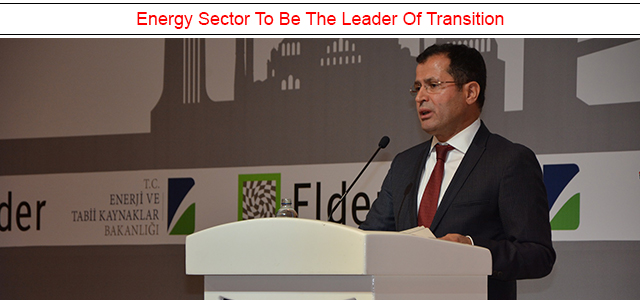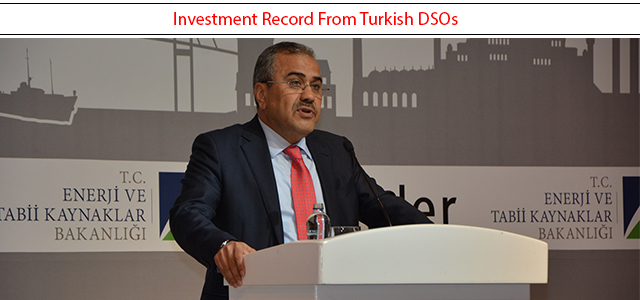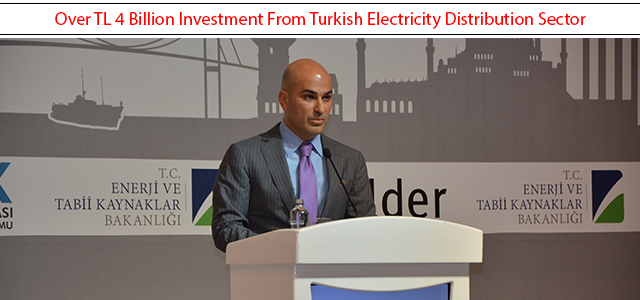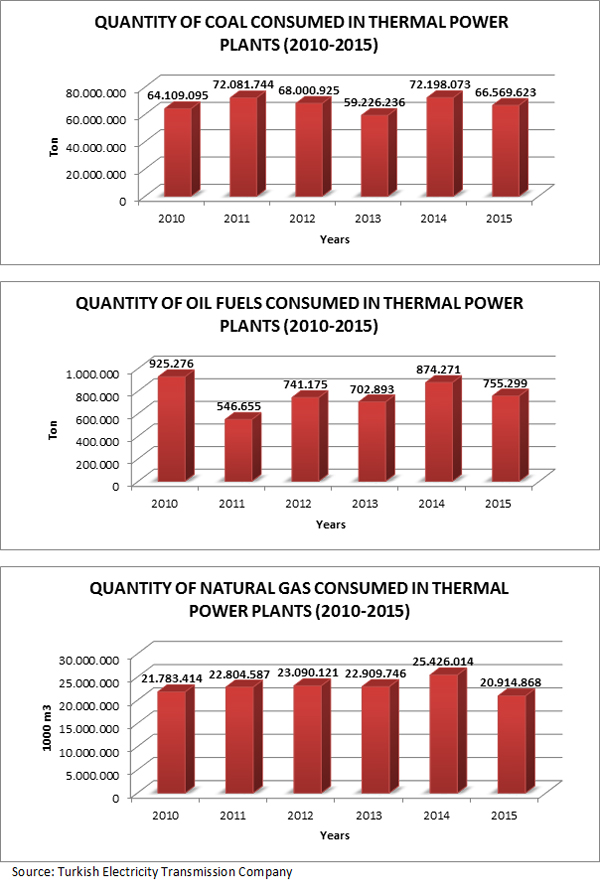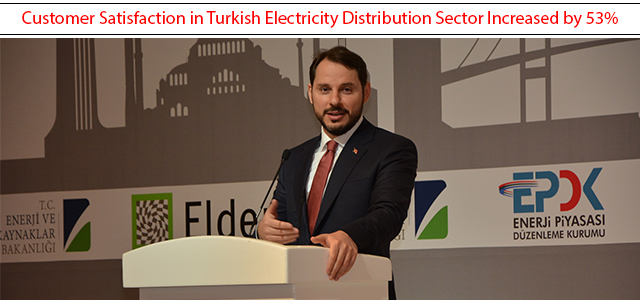
Turkish Energy and Natural Resources Minister Berat Albayrak, explained the results of the new customer satisfaction survey and said that customer satisfaction of electricity distribution sector increased by 53% compared to last year.
ELDER - Association of Electricity Distribution System Operators, organized 10th Sectorial Meeting with high level participation of Turkish energy sector. ELDER 10th Sectorial Meeting which is an important organization for evaluating the current situation of electricity distribution sector, was held on May 26th, 2017 in Istanbul.
In this meeting Turkish Energy and Natural Resources Minister Berat Albayrak, explained the new results of the “Survey of Customer Satisfaction in Electricity Distribution Sector” and set the new goals for the sector for the next year.
CUSTOMER SATISFACTION TARGET: 80%
Albayrak noted that they first announced the consumer satisfaction survey in the electricity distribution sector based on the March 2015-March 2016 period at the ELDER 9th Sectorial Meeting in Trabzon last year. Afterwards, Albayrak announced the results of the survey for the March 2016-March 2017 period. Saying that they conducted the survey with participation of 22,606 people in 44 provinces, Albayrak underlined that, the sector reached a better point compared to last year and there is a good progress, however, it is not enough.
Albayrak explained that customer satisfaction of electricity distribution sector increased by 53% compared to last year and they aim to increase this rate to 80 % by the end of this year. "We're getting better, and we will keep doing so. With new targets, we will set the bar even higher," said Albayrak.
Pointing that there is a 19% decrease in the rate of the citizens who tell that there is an electricity outage every day, Minister Albayrak, indicated that there is a 60% increase in the ratio of the citizens who say, “the outage never or rarely occurs”. He also said that, there is a %34 increase in the ratio of the people who call the call center and receive instant reply, compared to last year.
50,000 MEGAWATTS OF GROWTH IN 10 YEARS
Albayrak noted that over the past decade, over $75 billion worth investment has been made in energy sector and installed capacity reached to 80,000 megawatts. He underlined that they will continue to expand the sector with at least 50,000 megawatts investments over the next 10 years. He emphasized that they will carry out these investments with the most advanced and highest environmental criteria.
INVESTMENT TARGET FOR 2017 : TL 5 BILLION
Albayrak said, “We have determined the investment base for 2017 as 4 billion 24 million TL, but we aim to increase this figure to 5 billion TL ($1.3 billion).” He also pointed out that, the sector opened 9 new call centers last year and with these call center investments 3,200 jobs were created.

